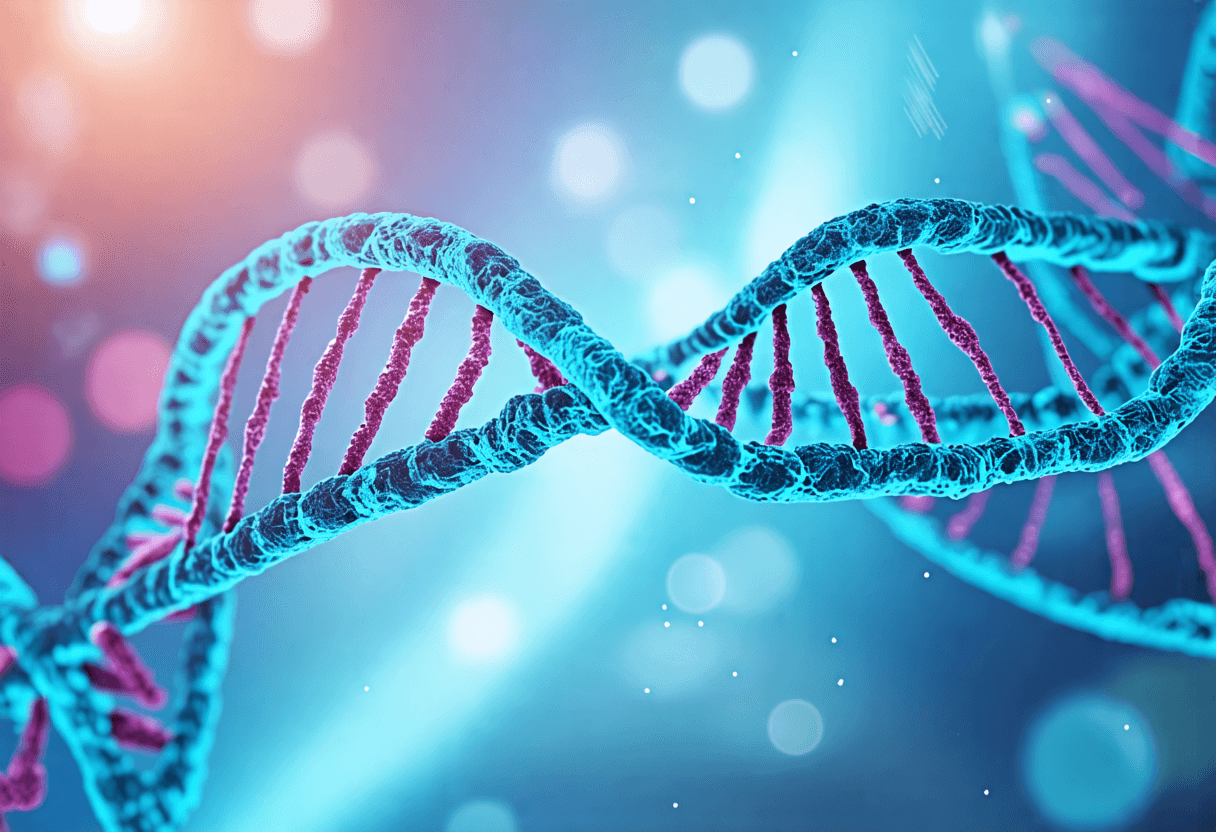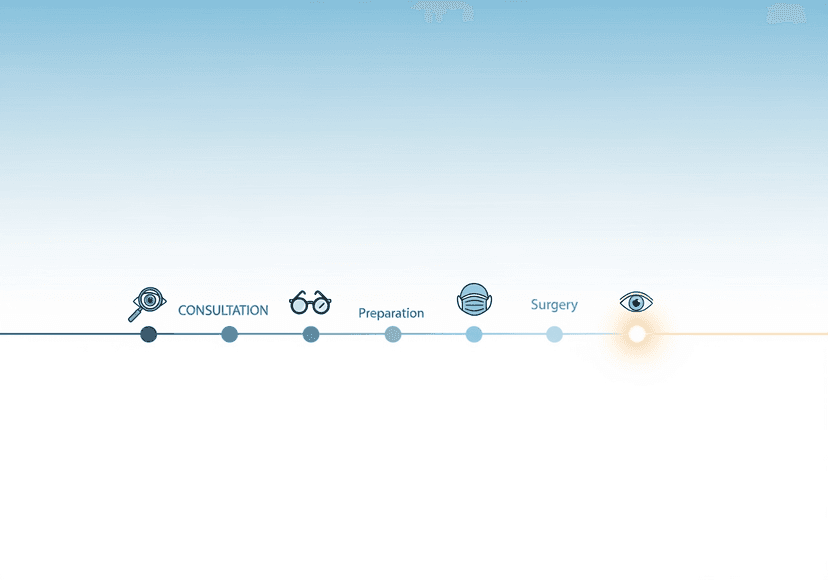
The Role of Genetics in Mouth Cancer Development
17 Oct, 2024
 Healthtrip
HealthtripWhen we think about cancer, we often think about lifestyle choices, environmental factors, and bad habits that can increase our risk of developing the disease. However, there's another crucial element that plays a significant role in cancer development - genetics. Mouth cancer, in particular, is a type of cancer that has a strong genetic component, and understanding this connection can help us better prevent and treat this devastating disease.
The Genetic Link to Mouth Cancer
Research has shown that genetic mutations can significantly increase an individual's risk of developing mouth cancer. These mutations can occur in genes that are responsible for regulating cell growth, DNA repair, and other critical cellular functions. When these genes are altered, it can lead to uncontrolled cell growth, which is a hallmark of cancer. In the case of mouth cancer, genetic mutations can affect the development and progression of the disease. For instance, mutations in the TP53 gene have been linked to an increased risk of mouth cancer, particularly in individuals who are exposed to environmental carcinogens like tobacco and alcohol.
Most popular procedures in India
Inherited Genetic Mutations
In some cases, genetic mutations that increase the risk of mouth cancer can be inherited from our parents. This is known as a germline mutation, and it can affect multiple family members across generations. For example, people with a family history of mouth cancer may be more likely to develop the disease themselves, even if they don't have any other risk factors. Inherited genetic mutations can also increase the risk of other cancers, such as breast, ovarian, and colon cancer.
However, it's essential to note that having a family history of mouth cancer or inherited genetic mutations does not guarantee that an individual will develop the disease. Lifestyle choices, environmental factors, and other health conditions can also play a significant role in mouth cancer development. Therefore, it's crucial to maintain a healthy lifestyle, avoid risk factors, and undergo regular screenings to detect any abnormalities early on.
Wellness Treatments
Give yourself the time to relax
Lowest Prices Guaranteed!

Lowest Prices Guaranteed!
Epigenetic Changes and Mouth Cancer
Epigenetic changes refer to chemical modifications to DNA or histone proteins that can affect gene expression without altering the underlying DNA sequence. These changes can be influenced by environmental factors, lifestyle choices, and other health conditions. In the context of mouth cancer, epigenetic changes can silence tumor suppressor genes, leading to uncontrolled cell growth and tumor formation. For instance, epigenetic changes have been linked to the silencing of the CDKN2A gene, which is a critical tumor suppressor gene in mouth cancer.
Environmental Factors and Epigenetic Changes
Environmental factors like tobacco smoke, alcohol consumption, and exposure to carcinogens can induce epigenetic changes that increase the risk of mouth cancer. These factors can cause DNA damage, oxidative stress, and inflammation, which can lead to epigenetic modifications. For example, tobacco smoke contains over 7,000 chemicals, many of which are known to cause epigenetic changes. When these chemicals bind to DNA, they can alter gene expression, leading to the development of mouth cancer.
Similarly, a diet lacking essential nutrients can also contribute to epigenetic changes. A diet rich in fruits, vegetables, and whole grains can provide the necessary antioxidants and nutrients to maintain healthy epigenetic marks. On the other hand, a diet high in processed foods, sugar, and saturated fats can lead to epigenetic changes that increase the risk of mouth cancer.
The Future of Genetic Research in Mouth Cancer
Understanding the genetic and epigenetic changes that contribute to mouth cancer development is crucial for the prevention and treatment of this disease. Genetic research has already led to the development of targeted therapies that can specifically target genetic mutations. For instance, genetic testing can identify individuals with inherited genetic mutations, allowing for early interventions and preventive measures. Additionally, epigenetic therapies are being developed to target epigenetic changes that contribute to mouth cancer development.
In the future, genetic research may lead to the development of personalized medicine, where treatment is tailored to an individual's unique genetic profile. This could involve genetic testing to identify genetic mutations and epigenetic changes, followed by targeted therapies to address these alterations. Furthermore, genetic research may also lead to the development of new biomarkers for early detection and diagnosis of mouth cancer, allowing for more effective treatment and improved patient outcomes.
In conclusion, the role of genetics in mouth cancer development is complex and multifaceted. While genetic mutations and epigenetic changes can increase the risk of mouth cancer, they do not guarantee that an individual will develop the disease. Lifestyle choices, environmental factors, and other health conditions also play a significant role in mouth cancer development. By understanding the genetic and epigenetic changes that contribute to mouth cancer, we can develop more effective prevention and treatment strategies, ultimately reducing the burden of this devastating disease.
Most popular wellness packages
Related Blogs

Do's and Don'ts During Recovery After Eye Surgery's Healthtrip Tips
Learn about patient stories, wellness destinations, language support, and post-treatment

Timeline: What Your Eye Surgery Journey Looks Like with Healthtrip
Learn about patient stories, wellness destinations, language support, and post-treatment

Luxury Wellness Resorts After Eye Surgery in India's Healthtrip Picks
Learn about patient stories, wellness destinations, language support, and post-treatment

Meet the Doctor: Leading Eye Surgery Experts on Healthtrip's Panel
Learn about patient stories, wellness destinations, language support, and post-treatment

How Healthtrip Bridges Language Gaps for Eye Surgery Patients
Learn about patient stories, wellness destinations, language support, and post-treatment

Affordable + Safe: What Makes Healthtrip Unique for Eye Surgery Travel
Learn about patient stories, wellness destinations, language support, and post-treatment










